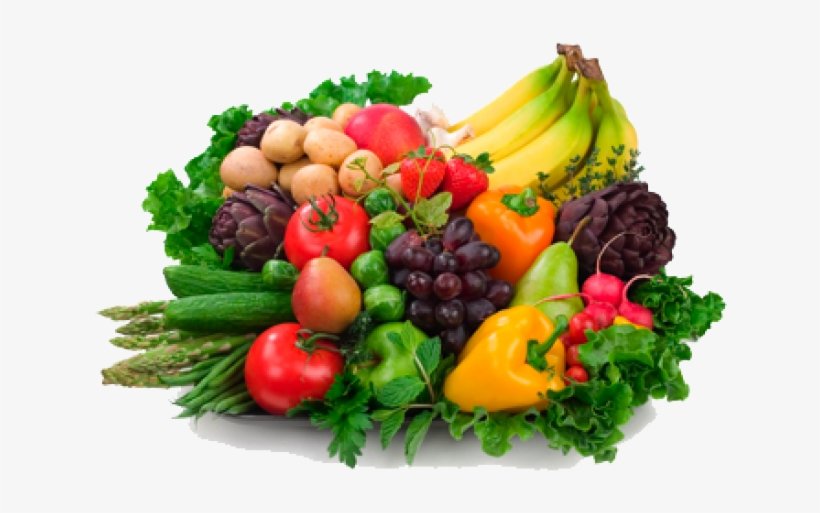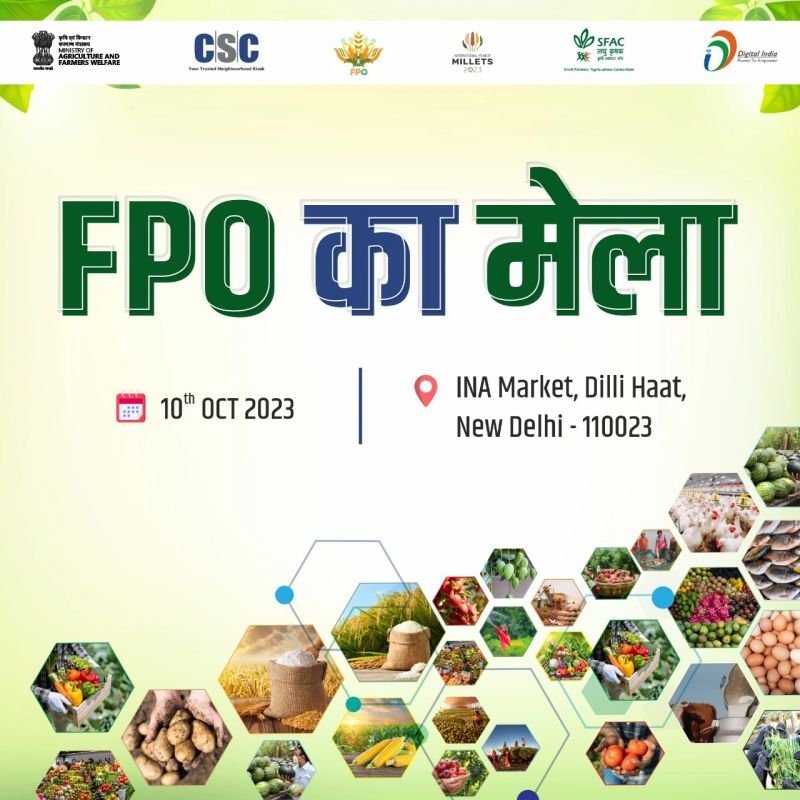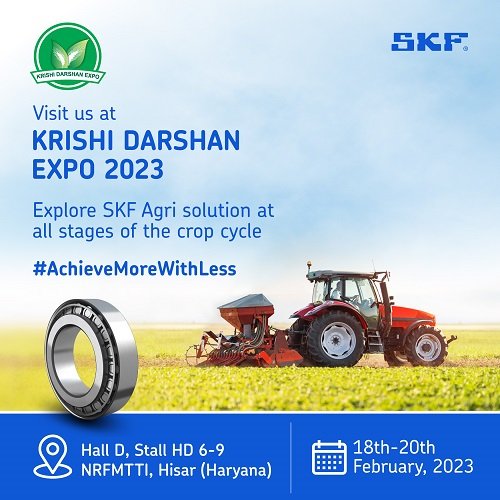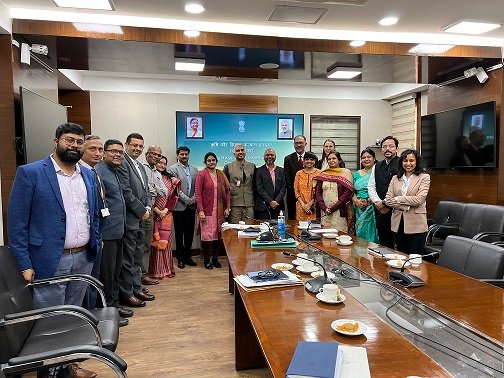Ag Ministry’s Third Advance release estimates 3288.52 LMT total foodgrain production for FY 2023-24
Production of Wheat is estimated at 1129.25 LMT which is higher by 23.71 LMT from previous year’s wheat production.
The Ministry of Agriculture and Farmers Welfare has released Third Advance Estimates of Major Agricultural Crops for the year 2023-24. From the last agricultural year, the summer season has been segregated from Rabi season and incorporated in the Third Advance Estimates. Hence, this Advance Estimates of area, production and yield includes Kharif, Rabi & Summer season.
This estimate has been primarily prepared on the basis of information received from State Agricultural Statistics Authorities (SASAs). The data received has been validated and triangulated with information received from Remote Sensing, Weekly Crop Weather Watch Group and other agencies. Further the climatic conditions, previous trends, price movements, mandi arrivals etc. are also considered while preparing the estimates.
Total foodgrain production is estimated at 3288.52 LMT, which is slightly lower than foodgrain production of 2022-23 while higher by 211.00 LMT from average foodgrain production of last 5 years (2018-19 to 2022-23) of 3077.52 LMT.
Total Rice production is estimated at 1367.00 LMT as compared to 1357.55 LMT in 2022-23, showing an increase of 9.45 LMT. Production of Wheat is estimated at 1129.25 LMT which is higher by 23.71 LMT from previous year’s wheat production.
Production of Shree Anna is estimated at 174.08 LMT showing a marginal increase of 0.87 LMT from 2022-23 production. Further, Production of Nutri/Coarse Cereals is estimated at 547.34 LMT which is higher by 46.24 LMT from average Nutri/ Coarse Cereals production.
Production of Tur is estimated at 33.85 LMT which is marginally higher by 0.73 LMT from last year’s production of 33.12 LMT. Production of Lentil is estimated at 17.54 LMT which is higher by 1.95 LMT than the previous year’s production of 15.59 LMT.
The production of Soybean is estimated at 130.54 LMT and production of Rapeseed & Mustard is estimated at 131.61 LMT which higher by 5.18 LMT to last year’s production. The production of Cotton is estimated at 325.22 Lakh Bales (of 170 Kg each) and production of Sugarcane is estimated at 4425.22 LMT.
While preparing the Kharif crop production estimates the Crop Cutting Experiments (CCEs) based yield has been considered. Further, the process of recording CCEs have been re-engineered by the implementation of Digital General Crop Estimation Survey (DGCES) which was rolled out in 16 states during the Rabi season. The yield results received under DGCES has been predominantly used to arrive at rabi crop production. Further, summer crop production is based on the average of last 3 years yield.
The details of production of various crops are given as under:
Total Foodgrains– 3288.52 LMT
Rice -1367.00 LMT
Wheat – 1129.25 LMT
Maize – 356.73 LMT
Shree Anna– 174.08 LMT
Tur – 33.85 LMT
Gram – 115.76 LMT
Total Oilseeds– 395.93 LMT
Soybean – 130.54 LMT
Rapeseed & Mustard – 131.61 LMT
Sugarcane – 4425.22 LMT
Cotton – 325.22 Lakh Bales (170 Kgs. each)
Jute – 92.59 Lakh Bales (180 Kgs. each)
Production of Wheat is estimated at 1129.25











